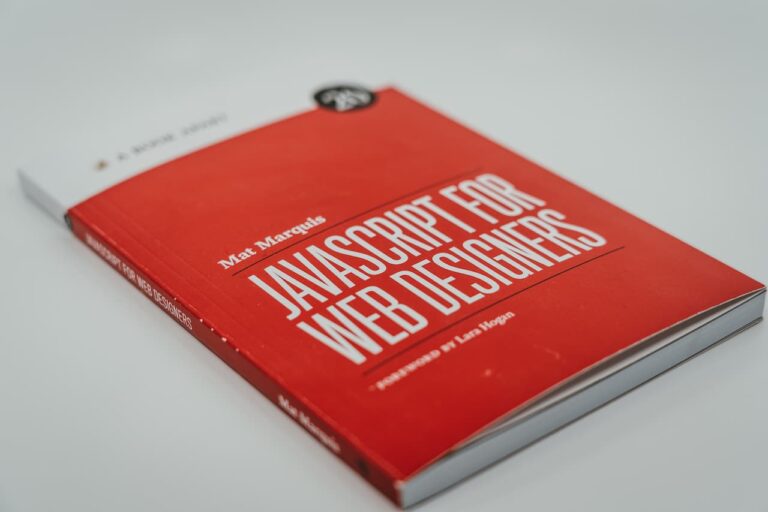In the rapidly evolving world of real estate, innovation is the key to staying ahead. Amidst the glittering skylines and sprawling estates, there’s a silent revolution taking place — and it’s all thanks to scripting languages. From automating property listings to predicting market trends, let’s explore how these digital maestros are reshaping the industry.
1. Automated Property Listings and Updates
Real estate is time-consuming because of property listings. It’s a constant juggle between initial input and timely updates. Scripting languages come into play. Platforms can automate the ingestion of updated listings using Python and JavaScript, making them available to potential buyers promptly. This ensures that visitors to a platform like https://www.homeseh.ca see the freshest listings without having to wait for human intervention.
2. Advanced Data Analysis and Market Predictions
Those are the days of gut feelings. In the age of data, making informed decisions is critical. With scripting languages, realtors can now harness machine learning models and predictive analytics. For instance, by analyzing historical data, a script can predict neighborhood appreciation rates or suggest optimal listing prices.
3. Virtual Tours and Augmented Reality (AR) Experiences
Virtual reality has added an additional dimension to real estate viewings. Scripting languages, especially those designed for web applications like WebGL (a JavaScript API), are at the forefront. They help craft immersive virtual tours, letting buyers ‘walk’ through properties from thousands of miles away.
4. Seamless Integration with Other Platforms
In an interconnected digital ecosystem, real estate platforms must communicate with other services smoothly. Whether it’s linking with a bank for instant loan approvals or syncing with interior design platforms, scripting languages act as a bridge. This ensures data flows smoothly.
5. Chatbots and AI Assistants for Instant Queries
Digital platforms have created an environment where users expect quick responses. Several real estate platforms use scripting languages to power chatbots. In addition to scheduling viewings, these digital assistants can answer common questions.
6. Personalized User Experiences Through Scripting
A notable advancement in the digital space is the move toward personalization. Now that real estate platforms support scripting languages, users can curate bespoke experiences tailored to their needs. Users’ behaviors and preferences can be analyzed to recommend properties, areas, and investment opportunities that match their interests and goals. A personal touch increases user engagement and transaction success.
7. Enhanced Security and Fraud Detection
An industry as important as real estate requires a high level of data security. A combination of advanced scripts and machine learning algorithms ensures buyer and seller data remains secure. A scripting language is on the front lines, protecting all parties from fraudulent listings and irregular transaction patterns.
8. Smart Contracts and Blockchain Integration
Real estate is another sector where blockchain technology is making waves. In real estate platforms, scripting languages are instrumental in integrating blockchain functionalities. Through scripts, smart contracts can be facilitated, as they are self-executing contracts with the agreement written directly into the code. These contracts ensure transparency, security, and speedy transactions.
9. Environmental and Sustainability Analysis
In an era where sustainability is not just preferred but demanded, scripting languages provide tools to assess properties’ environmental impact. Realtors can offer insights into homes’ energy efficiency, predict future sustainability trends in neighborhoods, or even suggest eco-friendly modifications, all thanks to scripts’ data-driven capabilities.
10. Simplifying Complex Transactions with Script-Driven Workflows
Real estate transactions, which often involve numerous steps and stakeholders, can be streamlined with scripting languages. By automating workflows, ensuring timely notifications, and even integrating with digital signature platforms, scripts turn once-daunting processes into seamless experiences.
In Conclusion: The Sky’s the Limit
The infusion of scripting languages into the real estate sector signifies a profound shift. While bricks, beams, and property aesthetics remain vital, scripts are equally crucial. As we move forward, collaboration between real estate professionals and tech experts will likely deepen. This will lead to an industry that’s not just about spaces but also about seamless digital experiences.
Remember, as we stand on the cusp of this digital revolution in real estate, it’s the lines of code, as much as the lines of architectural blueprints. These lines will shape our future habitats.


